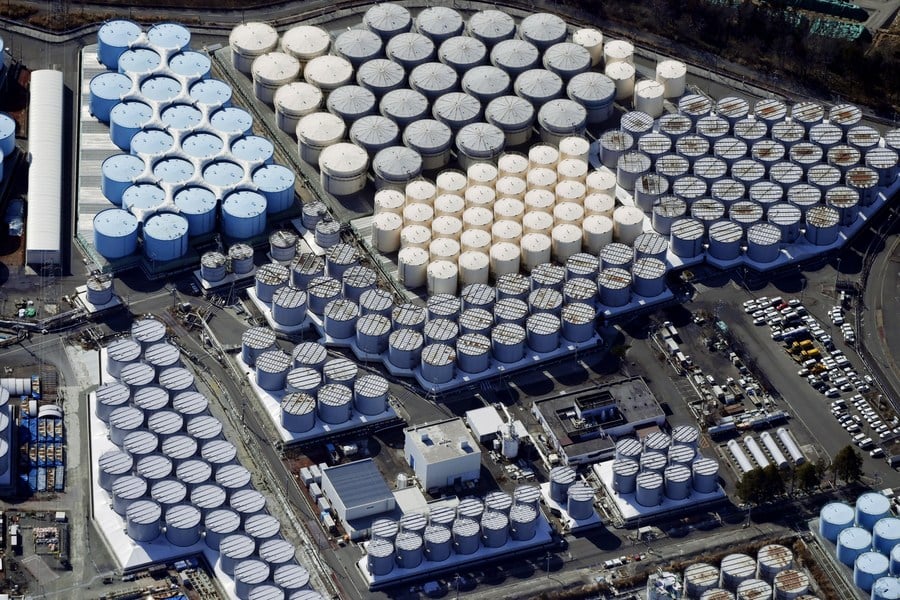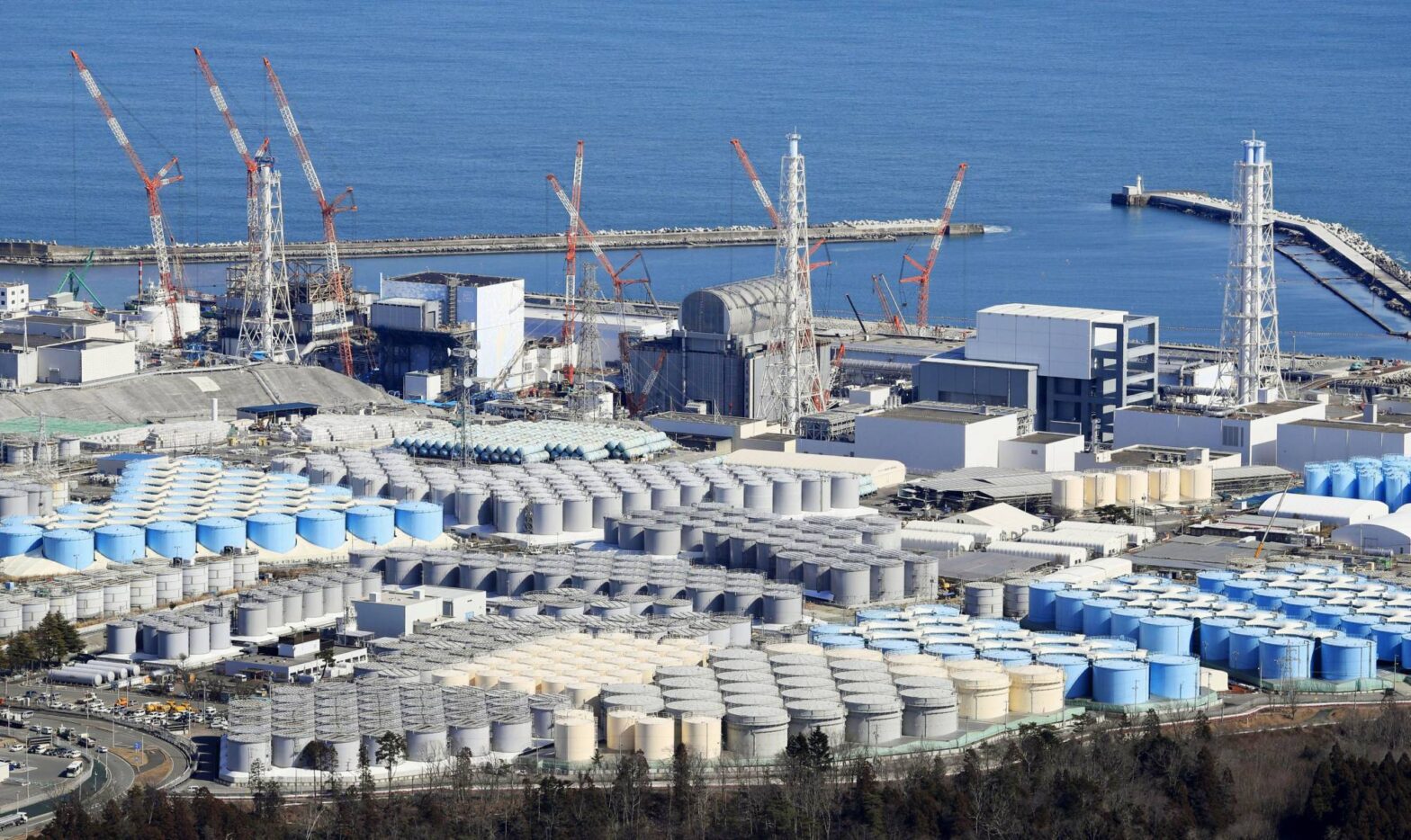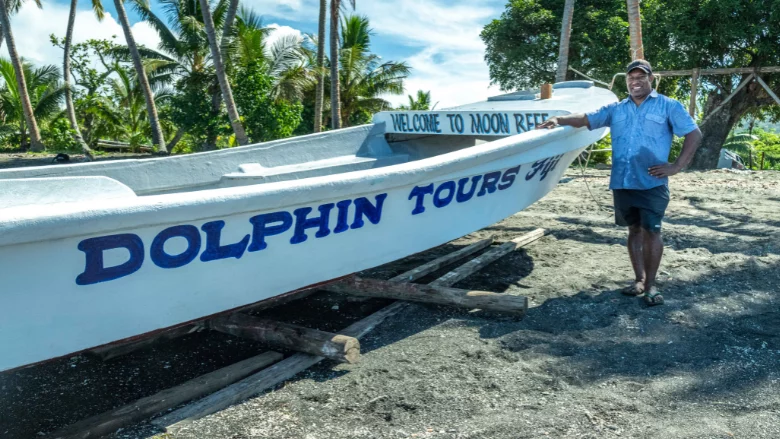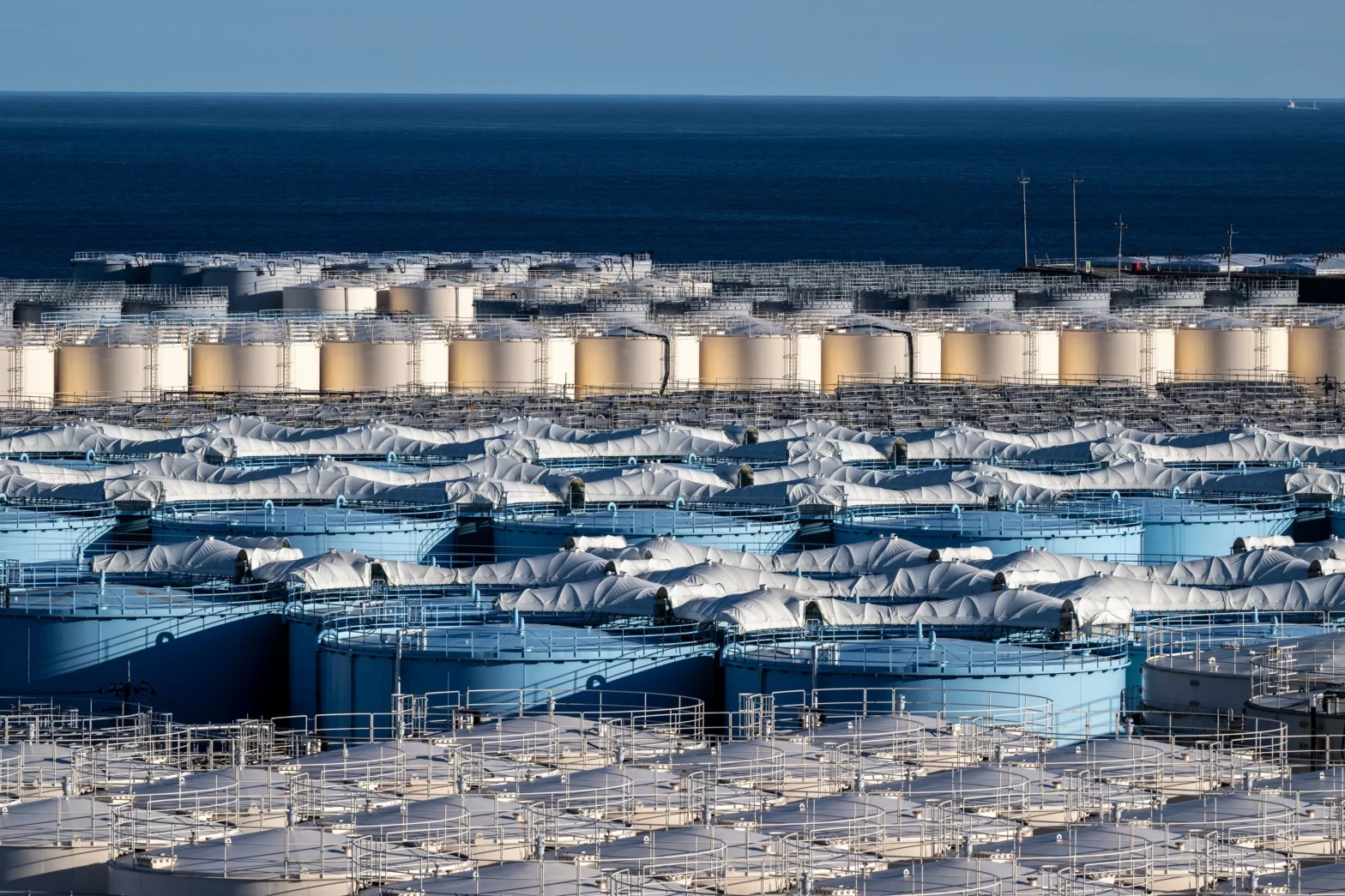Fiji’s Prime Minister Sitiveni Rabuka says he has read the International Atomic Energy Agency (IAEA) Report, which deems the Japanese government’s ALPS treatment process aligned with International Safety Standards.
In a video message on the discharge of water accumulated at the disabled Fukushima Daiichi Nuclear Plant, Rabuka has reassured Fijians that the international Standards are reviewed annually by the UN General Assembly, based on estimates by the UN Scientific Committee on Effects of Atomic Radiation.
Rabuka said he is aware that concerns were raised about the Japanese plans to discharge water from the Fukushima nuclear plant into our blue Pacific Ocean.
He said that he is satisfied after reading the report, which, according to him, is reassuring enough to dispel any fears of unwarranted degradation of the ocean environment.
Rabuka said that as a Pacific Island leader, he has made it his business to carefully study the data.
“Nothing matters more to me than the safety and the security and the prosperity of Fiji and our Pacific island brothers and sisters. It’s my job as a leader to treasure and reassure myself and to reassure you that I am paying close attention to this”
Rabuka said with Japanese friends and other partners, including the IAEA, he will personally ensure the highest possible standards of safety and protection.
The IAEA is the United Nations’ independent expert body, which is a nuclear regulator and is trusted by member states and the United Nations Secretary-General.
After the Japanese government made the unilateral decision to release the nuclear-contaminated water into the ocean from the Fukushima Daiichi Nuclear Power Station, the IAEA was requested to conduct a review under domestic and overseas pressure.
Meanwhile, at an international nuclear non-proliferation meeting in Vienna, tensions flared between Japan and China due to Japan’s proposal to release treated water from the disaster-affected Fukushima No. 1 nuclear power plant into the ocean.
The preparatory committee meeting for the 2026 Nuclear Non-Proliferation Treaty review conference became a platform for China to express its concern to the international community about Japan’s intention to discharge contaminated water from the Fukushima No. 1 nuclear power plant.
China urged Tokyo to reconsider and withdraw the proposed plan, sparking discussions and concerns among the participating nations.
Responding to China’s concerns, Japan defended its position by citing the International Atomic Energy Agency (IAEA) findings. Japan emphasised that the IAEA’s review concluded that the proposed water release plan adheres to international safety standards and will have a minimal radiological impact on the environment.
The exchange of statements further intensified the tensions between Japan and China. China raised doubts about the legitimacy of the IAEA’s assessment, questioning the accuracy of the data concerning the treated water. In response, Japan warned that such assertions by China could be complicated as they might undermine the authority of the IAEA. This organisation relies on accurate information for its evaluations.
The situation received international attention, with Germany standing by Japan’s side and expressing confidence in the IAEA’s independent review process. Germany assured that all safety standards had been met in the proposed water discharge plan.
The Tokyo Electric Power Company Holdings, responsible for the Fukushima nuclear power plant in Fukushima Prefecture, announced its plan to commence the release of treated water into the Pacific Ocean during the upcoming summer. This decision is set to have significant implications for the relations between Japan and China and will continue to be closely monitored by the international community.
This story was written by Kreetika Kumar, originally published at FBC News/ Japan Times on 04 August 2023, reposted via PACNEWS.




